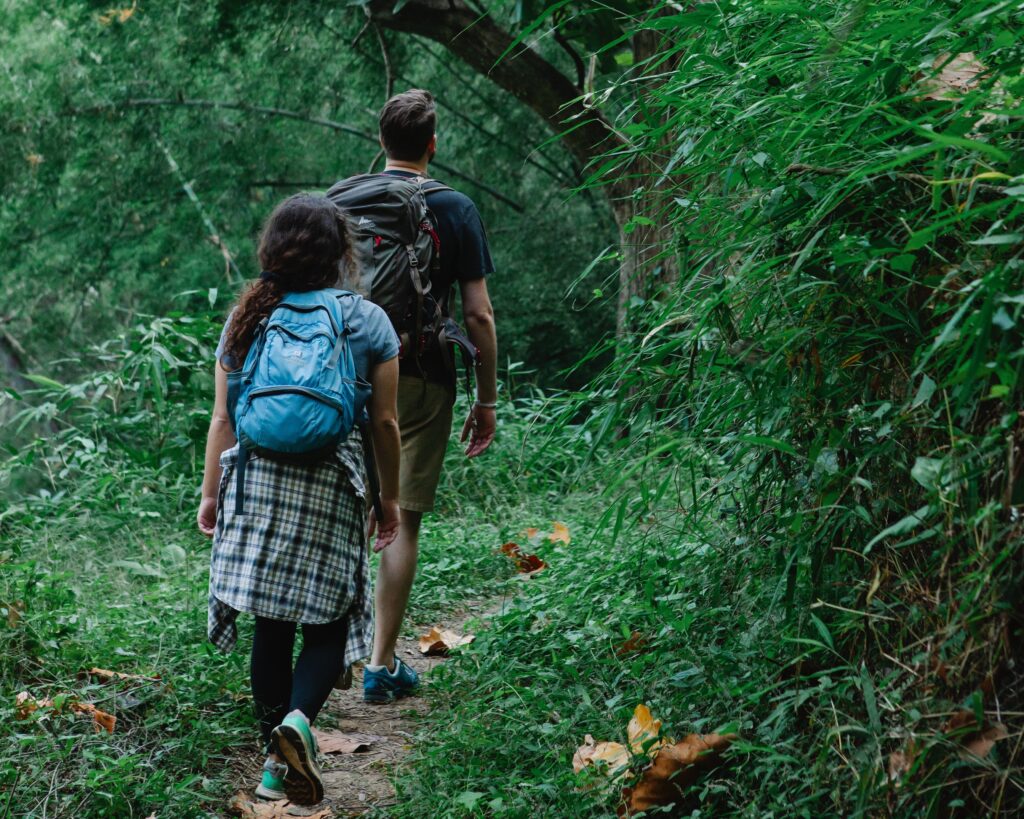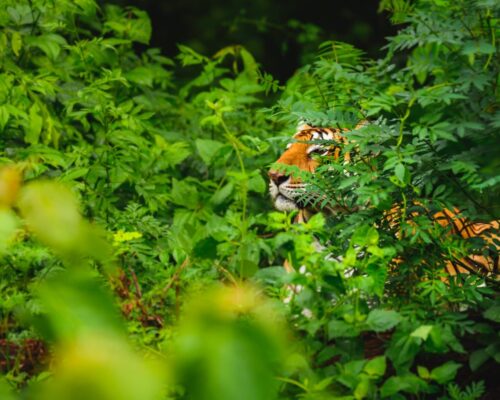The impact of tourists on animals and natural areas increases as tourism expands. Demand for unusual activities and scenic locations may result in overpopulation, pollution, and environmental harm. But, there are methods to travel responsibly and support the preservation of wildlife and natural areas for the enjoyment of present and future generations.
Selecting reputable tour providers is one of the most crucial things you can do when travelling. Investigate the tour companies you will be hiring before you go. Search for businesses that promote conservation initiatives and are dedicated to sustainable tourist practices. These operators ought to be very concerned about the environment and make efforts to lessen their effects. They might, for instance, support regional conservation efforts, use eco-friendly products and procedures, and collaborate with neighbourhood groups to advance sustainable tourism.
Respecting the native animals is a crucial component of responsible tourism. Even if it could be alluring to approach animals closely, it is crucial to keep in mind that they are not there for our amusement. Never contact, feed, or otherwise disturb them, and always keep a safe distance from them. Try not to disturb their natural behavior and be aware of sounds. Keep in mind that even seemingly innocent behaviors, like feeding birds or taking pictures with animals for Instagram, can have unfavorable effects.

Also, it is critical to consider your trash when travelling. Leave all natural sites in the same condition as you found them. Avoid leaving behind litter, and make sure to properly dispose of your waste. Bring reusable bags and containers if you can, and try to stay away from single-use plastics whenever you can. Keep in mind that even tiny actions can have a significant impact. You can contribute to maintaining a clean and safe environment by cutting back on your garbage.
Always follow established routes when exploring natural areas. By doing this, erosion and harm to delicate ecosystems are reduced. Avoid deviating from the road, and watch your step. Make sure to familiarise yourself with any regulations or guidelines for guests that may be present in certain places before you visit.
Another crucial component of being an ethical traveller is to aid regional conservation efforts. Think about contributing to a neighbourhood conservation group or helping out with a project as a volunteer. Your assistance for these organisations, who aim to save the environment and wildlife, can have a significant impact. By spreading awareness and inspiring others to become involved, you may support these activities even if you do not have the time or finances to get involved personally.
Education is yet another crucial component of ethical travel. Before you travel, educate yourself on the local flora and fauna and ecosystems. People are more inclined to take action to safeguard the environment if they realise how important conservation is. Also, you might look for local guides or specialists who can shed light on the region’s natural heritage and conservation initiatives.
By following this advice, you can protect the environment and wildlife while still enjoying everything that travelling has to offer. To safeguard the environment, we all have a duty, and even tiny actions may have a tremendous influence. Let us cooperate to make sure that future generations can appreciate nature’s marvels.
If you’re looking for an Eco-friendly and responsible travel experience, look no further than our Red Earth resort in Gokarna. Be escorted into the woods by our trained naturalists as they help you learn and appreciate the local fauna and ecosystems on a deeper level. Come experience the finest of responsible tourism with us at Red Earth.



